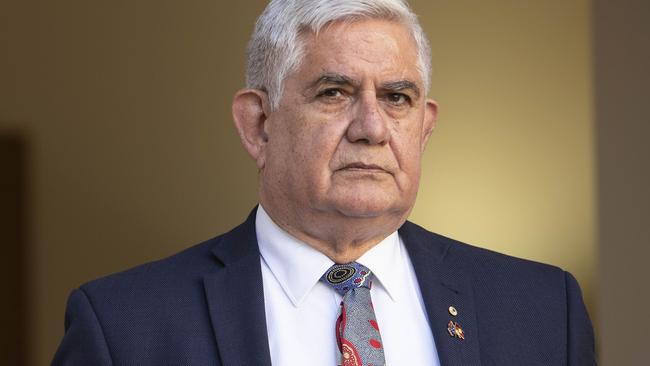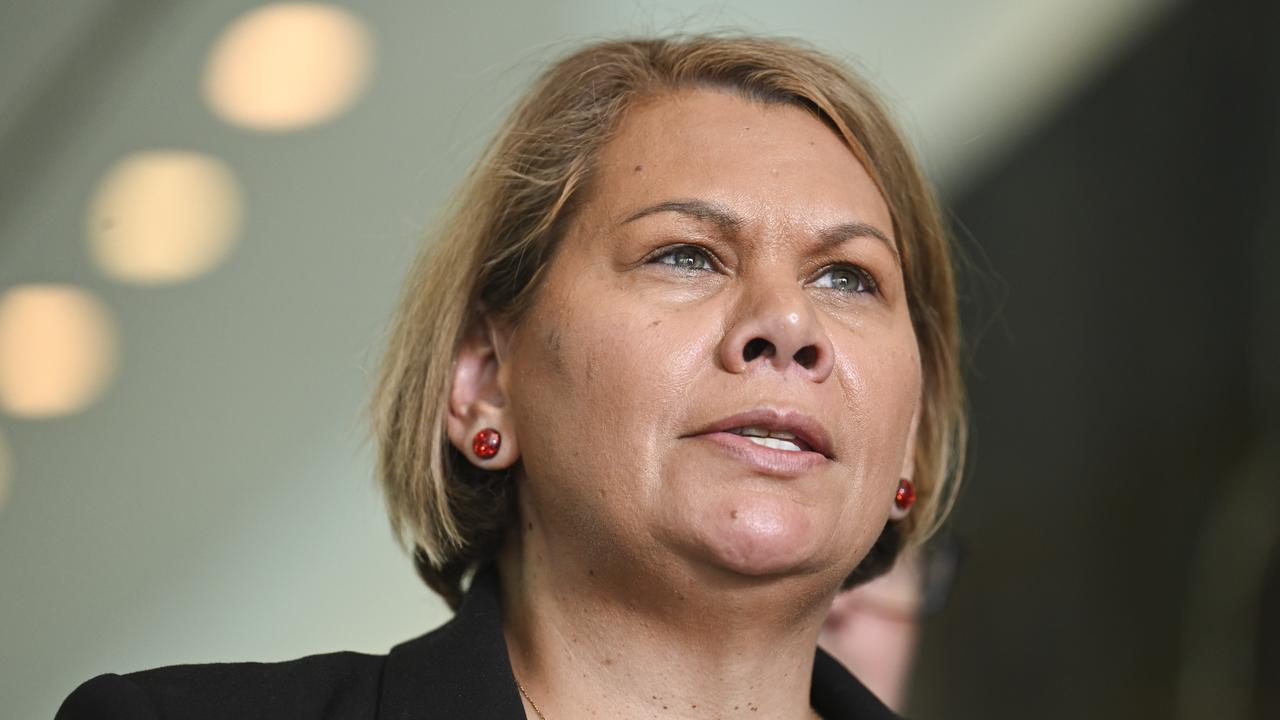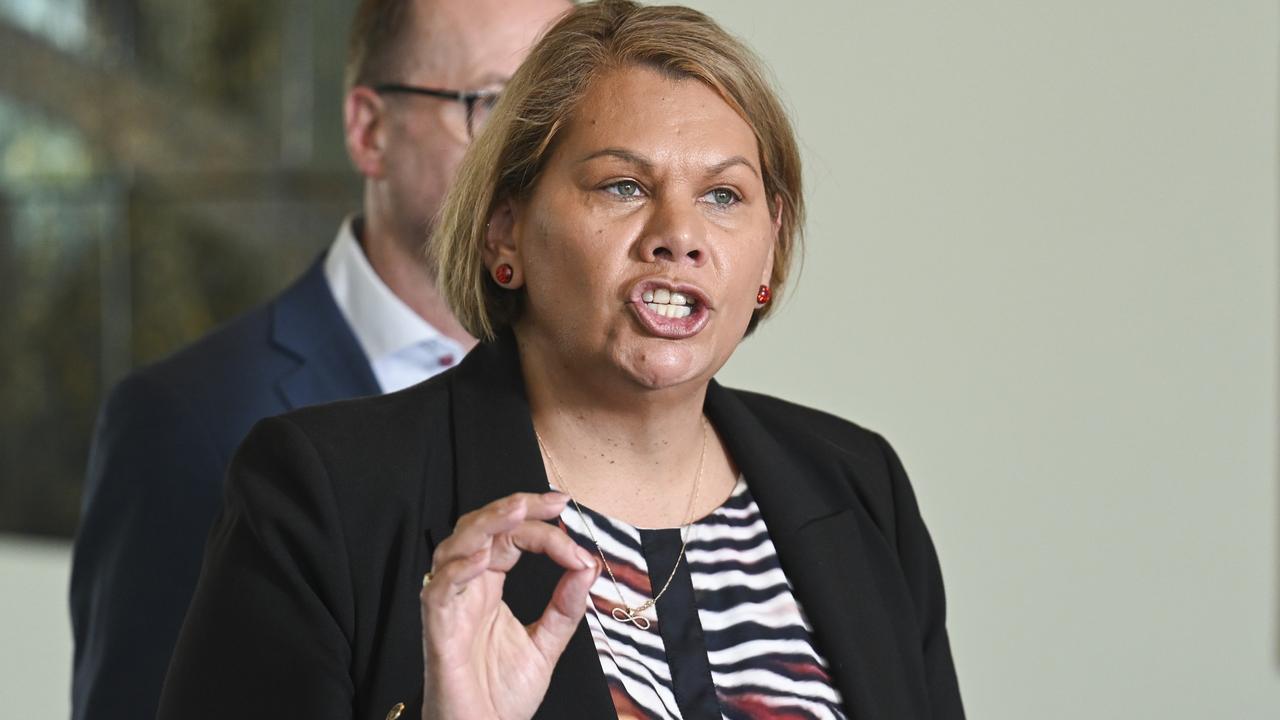Powerful support for vote on Indigenous voice
Australians overwhelmingly want an Indigenous voice enshrined in the Constitution in comments about its proposed design.

Australians overwhelmingly want an Indigenous voice enshrined in the Constitution in formal comments about its proposed design.
An analysis of 2554 public submissions on the voice, which is being designed in a collaborative process overseen by academics Marcia Langton and Tom Calma, has found 2198, or 86 per cent, express support for a constitutionally enshrined voice and 101 support it “in principle”.
A further 230 were neutral on the topic of constitutional enshrinement and 25 expressly rejected the idea.
The analysis, commissioned by the Uluru Dialogue campaign, led by signatories Pat Anderson and Roy Ah See and written by the University of NSW’s Indigenous Law Centre, found a third of the public submissions state explicitly that a referendum on the voice needed to be held before the establishment of any legislation for the voice.
This was the position of some of the highest profile supporters of the Uluru statement, including Cape York Partnership founder Noel Pearson, who is a member of the government’s senior advisory group on the voice.
It was highly unusual for more than 2500 people and organisations to take part in such a process involving law reform, according to Gabrielle Appleby, a professor of public law at the University of NSW’s Indigenous Law Centre who worked on the analysis released on Tuesday.
When a joint parliamentary committee asked for public comments on the Indigenous voice in 2018, there were just 479 responses.
Professor Appleby said support for enshrinement came from a wide range of sources and she had not detected any signs that letters were pro-forma.
She said individuals and organisations demonstrated detailed knowledge of the debate over the voice, including the arguments against legislating the voice without a clear path to enshrinement.
“We have read every single submission and there is a really unusual level of engagement,” Professor Appleby said.
The Morrison government has committed to create an Indigenous voice that would oblige all Australian governments to consult Indigenous people about the policies and programs that affect them.
Indigenous Australians Minister Ken Wyatt has said the voice is particularly important in remote communities where residents have repeatedly told him: “Nobody listens to us”.
Whether or not the voice should be enshrined in the Constitution – or legislated only – has been the subject of public debate since the May 2017 Uluru Statement from the Heart, the result of dialogues with about 1200 Aboriginal and Torres Strait Islander people around Australia. The Uluru statement specifically asks for constitutional protection for the voice. When Australians were invited to comment on the proposed models for the voice in January, they were not asked to comment on constitutional enshrinement.
The question of enshrinement was outside the terms of reference for the three co-design groups. Their job was to propose models for how the voice should work in regional and local areas and at a national level.
Megan Davis, the Balnaves Chair in Constitutional Law and a signatory to the Uluru statement, said the public submissions were a powerful display of the support for a referendum.
She said she also read every submission and concluded the Australians were clearly telling Prime Minister Scott Morrison about massive community support for a referendum on a voice.
“The submissions traverse the Australian community. From primary schools to ordinary Australians to grandmothers to corporate Australia from Atlassian to Qantas, the movement is building momentum,” Professor Davis said.
Mr Wyatt has previously said he wants to legislate the voice in this term of parliament, a course of action that concerned some of the most high-profile supporters of the Uluru statement.
In the 2021 Mabo Oration in Adelaide on June 3, Professor Davis said: “If a legislated voice is successful and keeps the government accountable, no government will want it enshrined. If a voice is unsuccessful, no one will want it enshrined anyway.”
The analysis concludes that the feedback on the voice in submissions and at public consultations aligns with the results of the national Australian Constitutional Values Survey 2021, which found more than 50 per cent of respondents favoured a constitutionally-enshrined voice to parliament.
Read related topics:Indigenous Recognition



